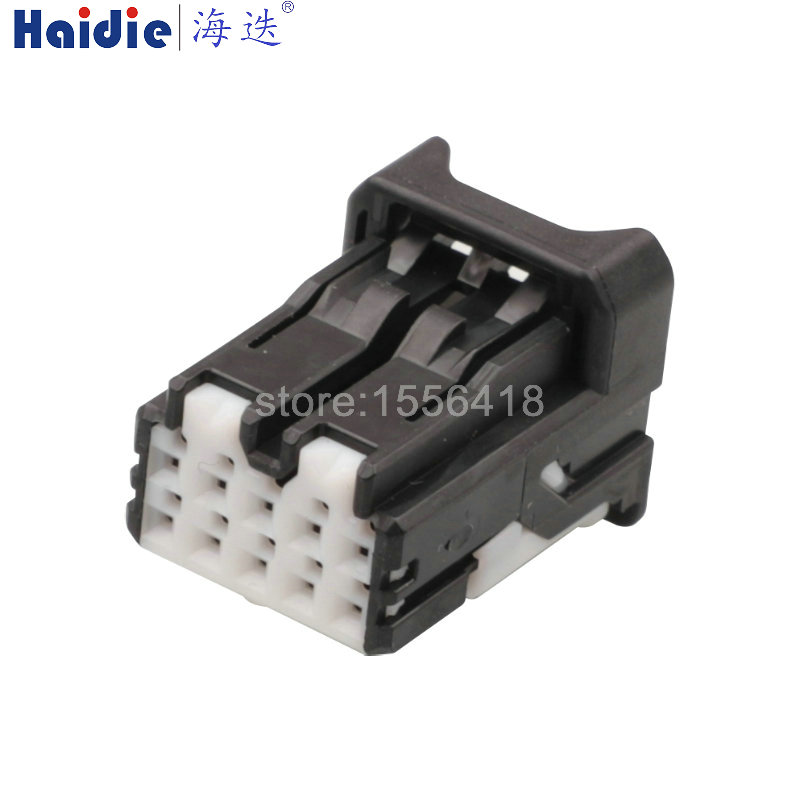The anti-interference performance of connectors with terminals for electronic devices is of paramount importance. This is because the connectors are responsible for connecting the various components of the device, and any interference can cause the device to malfunction or even fail.
Interference can come from a variety of sources, including electromagnetic radiation, radio frequency interference (RFI), and electrostatic discharge (ESD). All of these can cause the device to malfunction or even fail. Therefore, it is essential that the connectors used in electronic devices are designed to reduce the risk of interference.
The most common type of connector used in electronic devices is the pin-and-socket connector. These connectors are designed to provide a secure connection between two components, and they are also designed to reduce the risk of interference.
The pins and sockets are designed to fit together tightly, and the contact surfaces are designed to be smooth and free of any sharp edges. This helps to reduce the risk of interference.
In addition to the design of the connectors, the materials used to make them are also important. The materials used should be able to withstand the high temperatures and electrical currents that are present in electronic devices. The materials should also be able to resist corrosion and other environmental factors.
The connectors should also be designed to reduce the risk of ESD. ESD can cause the device to malfunction or even fail. Therefore, the connectors should be designed to reduce the risk of ESD. This can be done by using materials that are resistant to ESD, such as stainless steel or aluminum.
Finally, the connectors should be designed to reduce the risk of RFI. RFI can cause the device to malfunction or even fail. Therefore, the connectors should be designed to reduce the risk of RFI. This can be done by using materials that are resistant to RFI, such as copper or silver.
In conclusion, the anti-interference performance of connectors with terminals for electronic devices is of paramount importance. The connectors should be designed to reduce the risk of interference from a variety of sources, including electromagnetic radiation, radio frequency interference, and electrostatic discharge.
The materials used to make the connectors should also be able to withstand the high temperatures and electrical currents that are present in electronic devices.
Finally, the connectors should be designed to reduce the risk of RFI. By taking all of these factors into consideration, the risk of interference can be greatly reduced, ensuring that the device functions properly
Post time: Dec-11-2023


